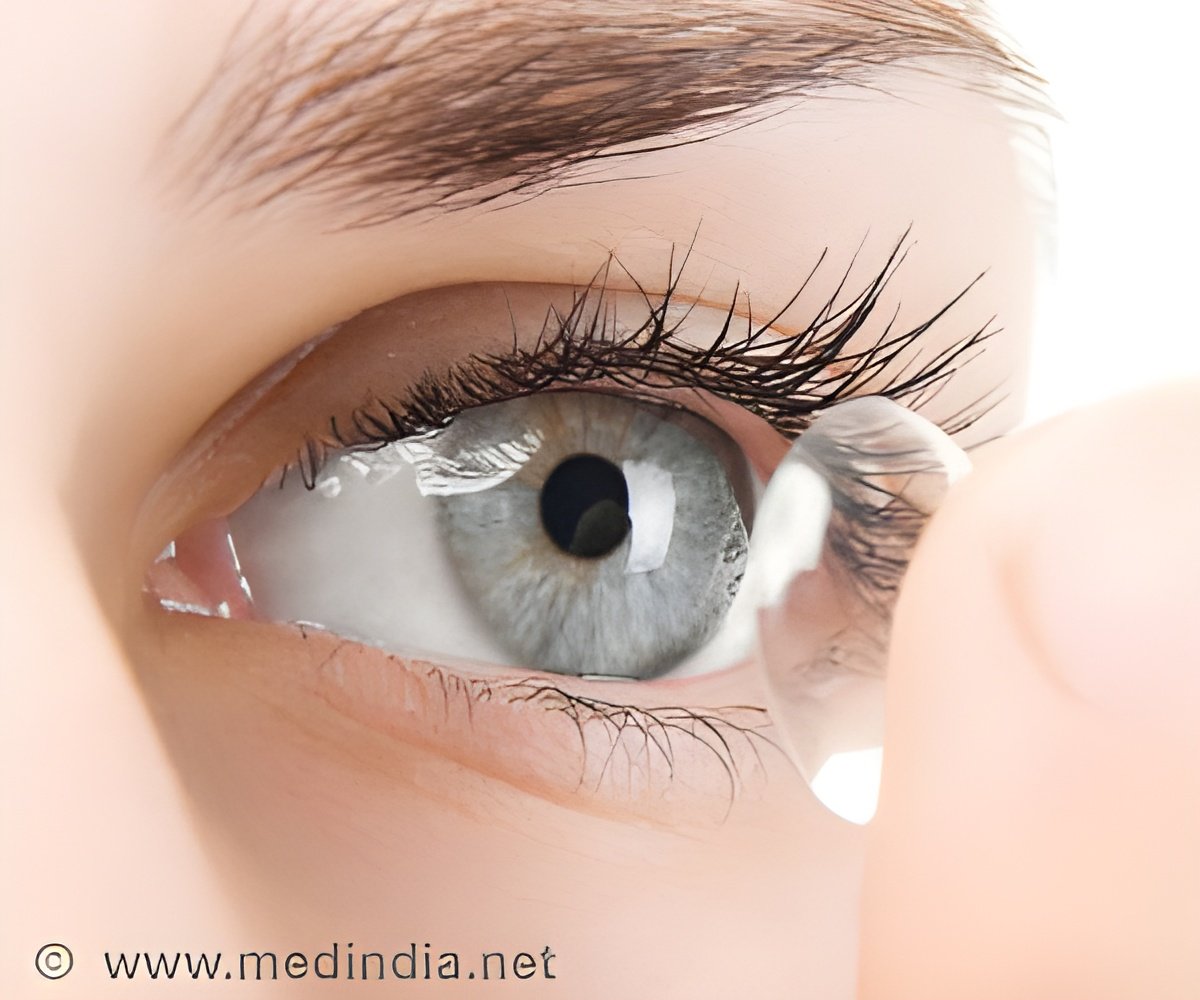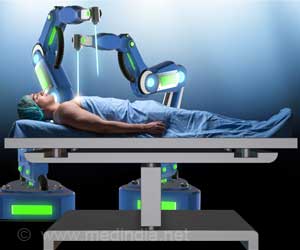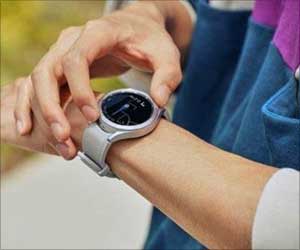
"As we get older, the lens in our eye stiffens, when the muscles in the eye contract they can no longer shape the lens to bring close objects into focus," he said. "Using liquid crystals, which we probably know better as the material used in the screens of TVs and smartphones, lenses would adjust and focus automatically, depending on the eye muscles' movement," he added.
Mistry’s research team is developing a new generation of lenses and intra-ocular lens implants to rejuvenate sight. Mistry aims to have a prototype ready by the end of his doctorate in 2018.
The research may result in the implantation of new lenses in a simple surgical procedure where a cut is made in the cornea and ultrasound is used to break down the old lens and remove it. The liquid crystal lens would then be inserted, restoring clear vision. Liquid crystal lens could have its applications in tackling cataracts.
"Liquid crystals are a very under-rated phase of matter. Everybody's happy with solids, liquids and gases and the phases of matter, but liquid crystals lie between crystalline solids and liquids. They have an ordered structure like a crystal, but they can also flow like a liquid and respond to stimuli," he said.
Mistry is working in collaboration with the Eurolens Research at the University of Manchester and with UltraVision CLPL, a specialist contact lenses manufacturer headed by two University of Leeds alumni.
Advertisement






